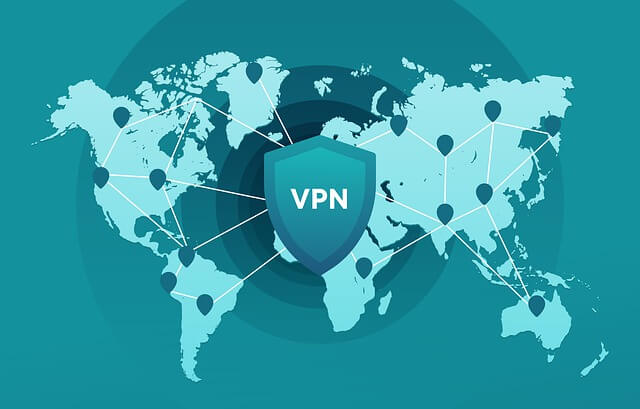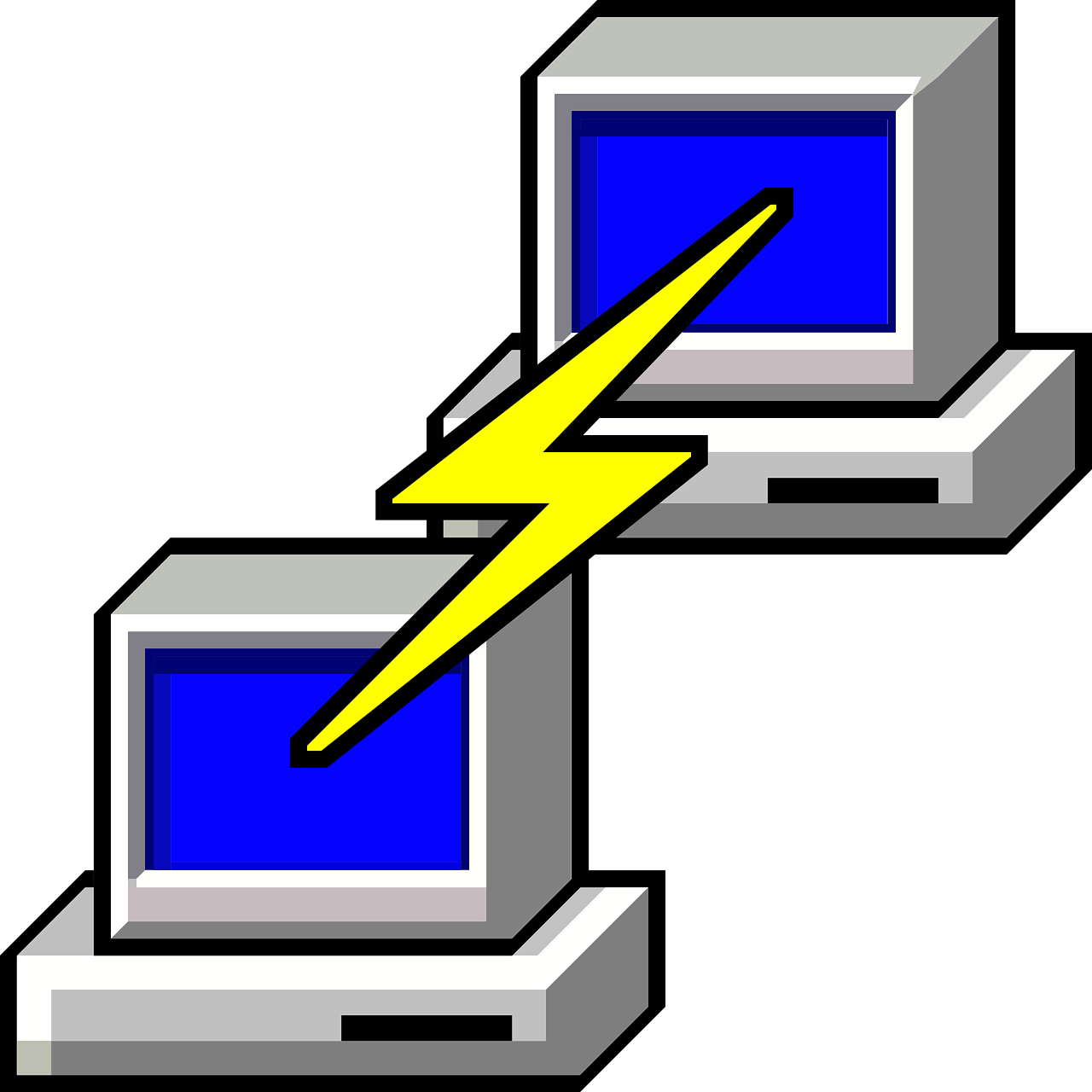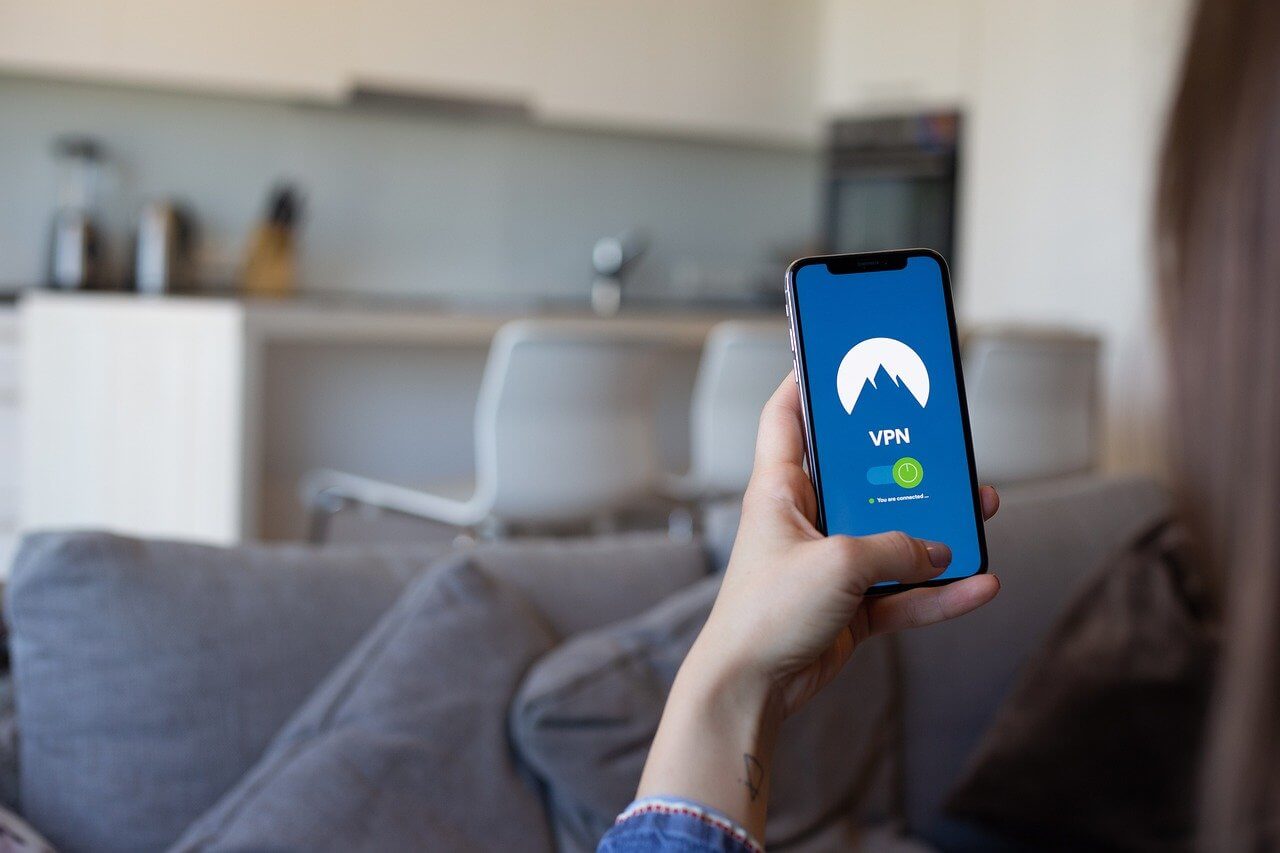
A VPN is a virtual private network that can enhance your online security and anonymity. This new online tool has surged in popularity and has a multitude of benefits.
It is important to identify what a VPN is, how it functions, the different types, and most importantly, the crucial benefits it can have for your day-to-day life online.
Virtual Private Networks Explained
A VPN is a tool to create a protected and encrypted connection and mask your IP address. VPNs encrypt your internet activity and hide your online details. It’s then incredibly difficult for third parties to see your internet activity or collate data on what you do or who you are. This can protect you in a market where data is widely becoming accepted as a commodity, as reported by Forbes.
By creating an encrypted connection between your PC and the internet, you are given a private tunnel for all your links and communications while you use online, public networks. The encrypted connection makes sure that any private or sensitive data is processed with privacy. This stops any unknown parties sneakily from collecting this data through internet traffic, allowing the user to use the internet in privacy.
A VPN can also allow you to work without geographical restrictions, as you can reroute your network to come from anywhere in the world, allowing you access to content that could be gated by your location or government. This is particularly important for countries with limited freedom of speech, and VPNs give them full access and freedom to work and use the internet remotely.
Someone who lives in an authoritarian region can use a VPN to mask their IP address and ensure added security when using the internet. In less serious circumstances, bypassing these geolocation restrictions can allow you to watch different content available on Netflix, Hulu, and other streaming platforms that were not existing previously.
While VPNs are very useful as part of a wider protection program for your personal computer and online activity, the most popular use for a VPN comes in the form of torrenting or getting past geographical restrictions. Understanding how a VPN works and what it does is important before you begin using them to protect and hide your online activity and data.
How Do VPNs Work?
You download a piece of VPN software, like Urban Free VPN, to begin enhancing your internet security. When you connect your PC or another device to a VPN, the computer works as if it is on the same network location as the VPN. All of your network activity is sent through a secure connection to the VPN.
Due to your computer thinking it is on the same network as the VPN, you can access local network resources even when you are thousands of miles away. You essentially use the internet as if you were working at the same place as the VPN, which has benefits when you take into account any restrictions or limitations based on location, government, or culture.
When you use the internet through a VPN connection, your computer uses the encrypted VPN connection to work with a website. The VPN moves different requests back and forwards through a secure connection, providing a large amount of protection against nosey third parties. When you use a VPN to surf the internet, the VPN becomes your source of data.
This helps you avoid your Internet Service Provider (ISP) and the other third parties that want to monitor your activity. The VPN stops them from viewing which websites you visit, the content you use, or what data you send back or forth over the internet.
A VPN essentially works as a filter, turning all your data is encrypted gibberish that cannot be accessed or understood. Even if a third party got this data, it would be completely unreadable.
Benefits Of Using VPNs
Using a VPN can provide a multitude of benefits for a user and for a huge group of connected users. A strong VPN can grant further access to the internet whilst remaining resolute against any security compromises.
- Hiding your IP address: The foremost function of your VPN is to mask your IP address from your internet service provider (ISP) and other businesses with a vested interest. This gives you the function of exchanging information online and browsing the web without the risk of it being exposed.
- Encryption – A VPN will stop you from leaving traces of your activity, examples being your cookies, browsing history, and search history. The encryption against cookies is particularly useful because it stops third parties from planting them on your computer and getting an insight into confidential information like banking information, personal data, and content you digest online.
- Protection against network failure – If a VPN connection breaks, it will lead to a broken network connection too. A strong VPN will detect this break and terminate programs to reduce the risk of any data being compromised.
- Verification – A VPN will employ a host of authentication processes, to check anyone who attempts to log in. Typically, a two-factor authentication process is put in place which sends a code to a mobile device after a log-in. This makes it very difficult for any third parties to get granted access to your network.
What are the different kinds of VPNs?
There are various types of virtual private networks which operate in different environments and for various purposes. Here are the three main types of VPNs that you should know:
Client-to-Server
As mentioned earlier, connecting to a VPN connection can be seen as connecting your local PC to a business with an extension cable. Different individuals can connect remotely from any location via a secure connection and work as if they were sitting right wherever the desired server is. A VPN needs to be installed and configured on the PC before this takes place.
This kind of VPN works using a connection that bypasses their own ISP and uses only the VPN provider. This shortens the ‘tunnel’ of the VPN. The VPN, by doing this, creates an automatically encrypted process as soon as it is made available to the user.
This is the most common type of VPN, which is particularly popular for providers of unstable and insecure public WLAN. It stops any third parties from accessing and collecting data on the network connection by encrypting all data that passes through. It also makes sure that any unencrypted data that gets through cannot be used by the ISP.
The biggest advantage to this type of VPN is the high level of efficiency and the versatility of access. Using a telephone system could be used across an entire company with ease, and allows companies to have their employees work remotely and safely.
Site-to-site VPN
A site-to-site VPN is a private network that is built to give the ability of intranet users the opportunity to connect to secure networks and share data internally.
This is particularly useful when you need a VPN in different locations, each possessing a local area network (LAN) and a connection to a wide area network (WAN). This type of VPN is especially efficient when you have two separate, disconnected intranets and want them to share files exclusively with each other.
Many large, multinational companies use site-to-site VPNs. They can be complicated to implement and don’t offer much flexibility like other VPNs. They are however the most efficient and effective way to communicate inside large companies and the various departments they have internally.
SSL VPN
In some situations, an employee of a business might not have access to a company computer whilst they work remotely. We saw this happen during the pandemic, as many companies were unprepared for this situation of widespread remote working.
In this case, the use of private computers and devices was needed. When this happened, companies used an SSL-VPN method which is used through a related piece of hardware.
The provision is an internet browser that can connect to the company’s login page. The access point would be a username and password and then the employee would be granted access to the company-wide intranet.
FAQs
What do VPNs do?
VPN stands for “virtual private network” – a service that helps you stay private online. A VPN creates a secure, encrypted connection between your computer and the internet, giving you a private tunnel for your data whilst you use the internet.
Do I need a VPN at home?
Without a VPN, your IP address is exposed. Your I[ address and the IP addresses of all your devices connected to a home network can be stolen by cybercriminals to track your location. A VPN reroutes your IP to a remote server.
What happens if I don’t use a VPN?
If you don’t use a VPN, there are multiple things that can happen: your data could be stolen, you could get hacked, you could get spied on by your government, or you can face reduced internet speeds. A VPN protects against these risks.
Do I need a VPN in 2022?
VPNs have been protecting internet privacy since 1996. They keep your data safe by improving connection security, as a virtual private network allows you to browse anonymously and bypass geographically-based restrictions to the internet.
Using a VPN creates a safe way to browse online and get enhanced security. Whether it is a hidden IP or encrypted data, VPNs keep you safe in a host of situations.







